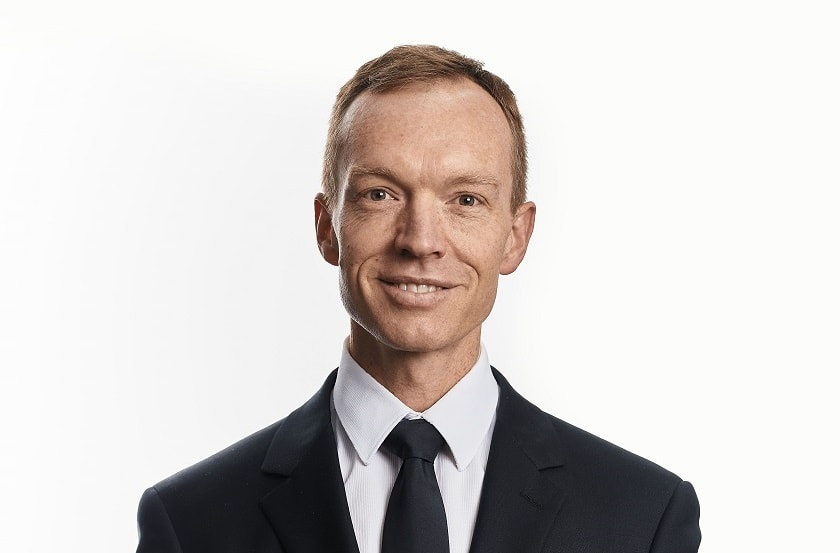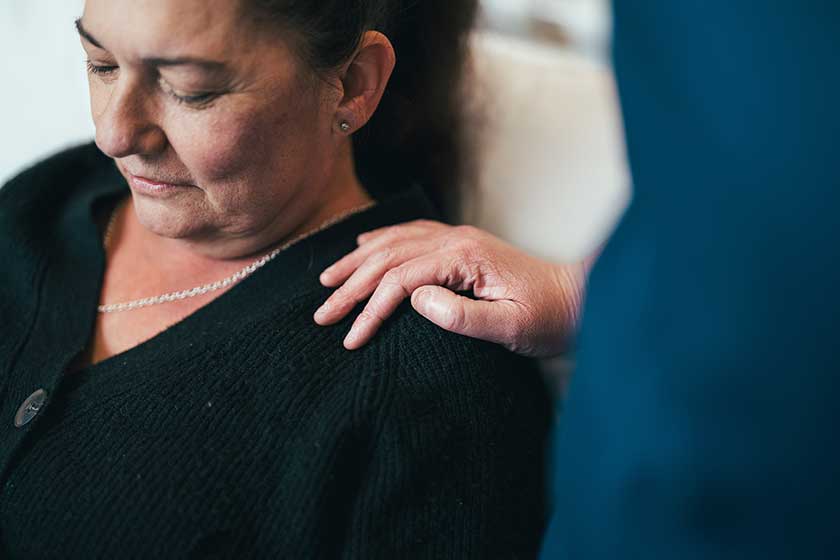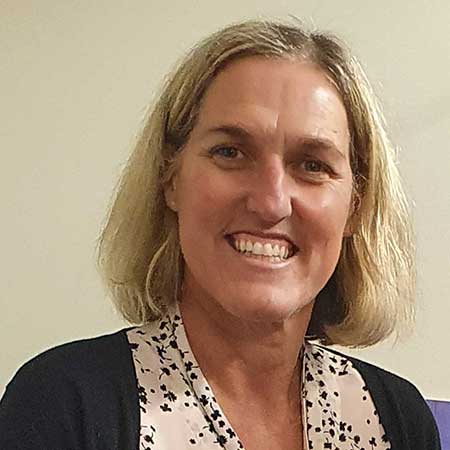Understanding depression
What is depression?
If you’ve been feeling that something isn’t right, you haven’t felt like yourself or you’ve been feeling down for a while and you can’t work out why, you could be experiencing depression.
Depression is a serious condition which affects the physical and mental health of around one in seven people in Australia.
Depression can change how you feel about yourself and others – and it can make parts of your daily life feel much harder to manage than usual.
Sometimes it’s your loved ones who might notice you haven’t been feeling yourself. Whether you’re experiencing it yourself or worried about someone you care for, it’s important to know that depression can be treated. The first step can be to reach out and talk to someone.
Signs and symptoms
If you’re experiencing depression, you might:
- feel down for two weeks or more
- cry a lot without knowing why
- not feel like doing activities that you once found fun
- lose your temper or feel grumpy and irritable
- not want to see friends, family and/or get involved in social situations
- have trouble concentrating
- be feeling overwhelmed or confused
- feel that your libido is gone
- find you rely on substances such as drugs or alcohol.
Some of the signs of depression you might experience in your body include:
- losing or gaining weight in a short period of time
- finding it hard to get to sleep or waking up and not being able to get back to sleep
- feeling tired all the time
- headaches or muscle pains
- being more or less interested in food than usual.
In Australia, about one million people experience depression every year. Everyone can have a different experience of depression, so you might find you have a combination of symptoms or other symptoms altogether.
There are several types of depression and each type has different symptoms. Common types of depression are major depression (including postnatal depression), bipolar disorder and persistent depressive disorder (also known as ‘dysthymia’).
Supporting a loved one experiencing depression
Here are some tips which might help if you think someone you care about might be showing signs of depression:
- Talk to them. You might ask something like “I’ve noticed you haven’t been yourself lately. Is everything OK?”
- Listen without judgement. Sometimes people experiencing depression aren’t looking for a solution. They might just need to know that you’re there to listen.
- Encourage them to get professional help. Depression is common and there are many treatments available. A good place to start could be for them to have a chat with their GP or explore our treatment options below.
Remember, it’s possible that the person isn’t feeling ready to talk. They might even feel embarrassed or uncomfortable. Let them know you’re there for them and will keep checking in on them.

Your treatment options
The idea of getting help might feel overwhelming or uncomfortable – but you don’t have to go through this struggle on your own. Here are some important things to know about getting treatment for depression:
- It’s important to look for treatments which are evidence-based. You might like to start with an appointment with your GP or take a look at the treatment programs we offer through St John of God Health Care.
- A mental health professional will work with you to find the treatment which might work best for you.
- There are many different approaches to treating depression, including medications and therapy such as cognitive behaviour therapy. You might even need to try a few different treatments before you find the one which works best for you.
- Other treatments could involve making lifestyle changes such as exploring new exercise and diet habits with professional guidance.
Just as depression can feel different for everyone, the best treatment will be different for each person.
These are the programs which we offer through St John of God Health Care.
Our treatments
We offer a range of mental health treatments across New South Wales, Victoria and Western Australia. The right treatment for you will depend on a range of factors including your location, how you’re feeling and the advice of your health care professionals.
Here are some details about the treatments which might be available to you.
Depending on what you’re experiencing, you might be referred for admission in one of our inpatient treatment programs. With this type of treatment:
- You will stay in one of our hospitals or inpatient facilities for one night or more.
- Your stay might be planned in advance or could be the result of an unplanned illness or exposure to trauma.
- You’ll receive care from our doctors, nurses, psychologists and other types of health care professionals to meet your needs.
- You might need medication, care, monitoring and treatment, which can be provided by our around-the-clock medical team.
When a doctor discharges you from your inpatient treatment, you’ll receive a plan for what happens after your stay. This might include instructions to follow up with doctors, take prescribed medication or referrals to our day programs or community services, depending on what’s right for you.
We offer a range of day programs which could help you learn how to manage trauma, perinatal mental health conditions, alcohol and drug misuse, anxiety or depression.
Our day programs are structured, group therapy sessions, tailored for the needs of your group. You could join a day program which is run once or twice a week, over a period of weeks or months.
In each session, you’ll work with our specialised therapists to learn how to build life skills, manage your symptoms and explore ways to feel better as you get back into your everyday activities. Our day programs could be part of your treatment, following a stay in hospital through our inpatient care.
Depending on your needs, you might be referred for an appointment with one of our psychiatry team. They will work with you to discuss your needs and find the best treatments to help your recovery.
We provide a range of community mental health services for young people, adults and families, including programs for perinatal mental health. Our services are provided by specialist clinicians and mental health workers.
These programs are designed to help support your recovery and stay well in the community.
Learn more about:
Locations
In the community
Community mental wellbeing services across New South Wales, Victoria and Western Australia.
Our community mental wellbeing services are located in:
Victoria
- Ballarat
- Bendigo
Western Australia
- Cockburn
- Mandurah
- Midland
- Pinjarra
Our community perinatal mental health services are located in:
New South Wales
- Blacktown
Victoria
- Ballarat
- Bendigo
- Berwick
- Geelong
Western Australia
- Cockburn
- Mandurah
- Midland
- Wanneroo
- Wembley
This service is located in:
Western Australia
- Midland
- Mirrabooka
- Gosnells
- Armadale
This service is located in:
Western Australia
- Perth metropolitan area
Learn more about St John of God Drug and Alcohol Withdrawal Network >
This service is located in:
Western Australia
- Bunbury
- Busselton
- Outreach services throughout the South West region
Learn more about St John of God South West Community Alcohol and Drug Service >
Urgent care
If you or someone close to you is in distress or at risk of harm, call 000.





